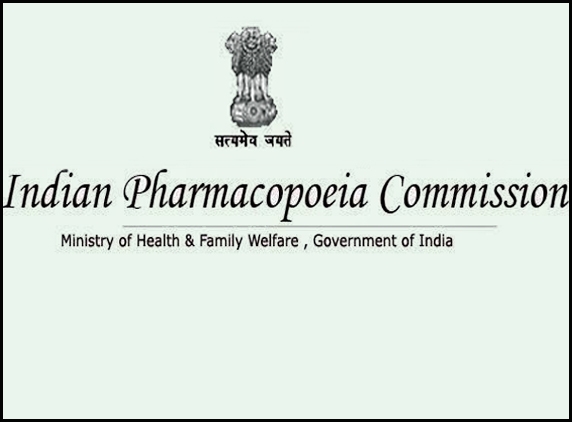The Indian Pharmacopoeia Commission (IPC) is set to become the first WHO Collaborating Centre for Safety of Medicines and Vaccines in the South-East Asia Region annaounced by Shri J P Nadda, Union Minister of Health and Family Welfare at the 38th Annual Meeting of Representatives of the National Pharmacovigilance Centres participating in the WHO Programme for International Drug Monitoring, organized by the Indian Pharmacopoeia Commission (IPC) and World Health Organization (WHO).
WHO Programme for International Drug Monitoring :
- The annual meeting of National Pharmacovigilance Centres acts as a platform for countries to discuss current issues and concerns in pharmacovigilance.
- Meeting is hosted annually by one of the WHO Member States.
Highlights :
- GOI launched the Pharmacovigilance Programme in 2010 to address the impact of Adverse Reactions on patients.
- This programme has created a nation-wide system for patient safety reporting, to identify and analyse risk benefit ratio of marketed medicines, to generate evidence on safety of medicines and to support regulatory agencies in decision making.
- The Indian Pharmacopoeia Commission was notified as the National Coordination Centre for pharmacovigilance.
- India has set up 179 Centres. Adverse Drug Reactions are reported to Indian Pharmacopoeia Commission, which works in collaboration with global Adverse Drug Reaction monitoring centre, Sweden to contribute to the global Adverse Drug Reactions data base.
Indian Pharmacopoeia Commission :
IPC is an autonomous institution of the Ministry of Health and Family Welfare which sets standards for all drugs that are manufactured, sold and consumed in India.The set of standards are published under the title Indian Pharmacopoeia (IP).
Key points :
- IPC Headquarters : Ghaziabad, Uttar Pradesh,India
- IPC Chairman : K. Pradhan, Secretary
- WHO Headquarters : Geneva, Switzerland
- WHO Head : Margaret Chan





